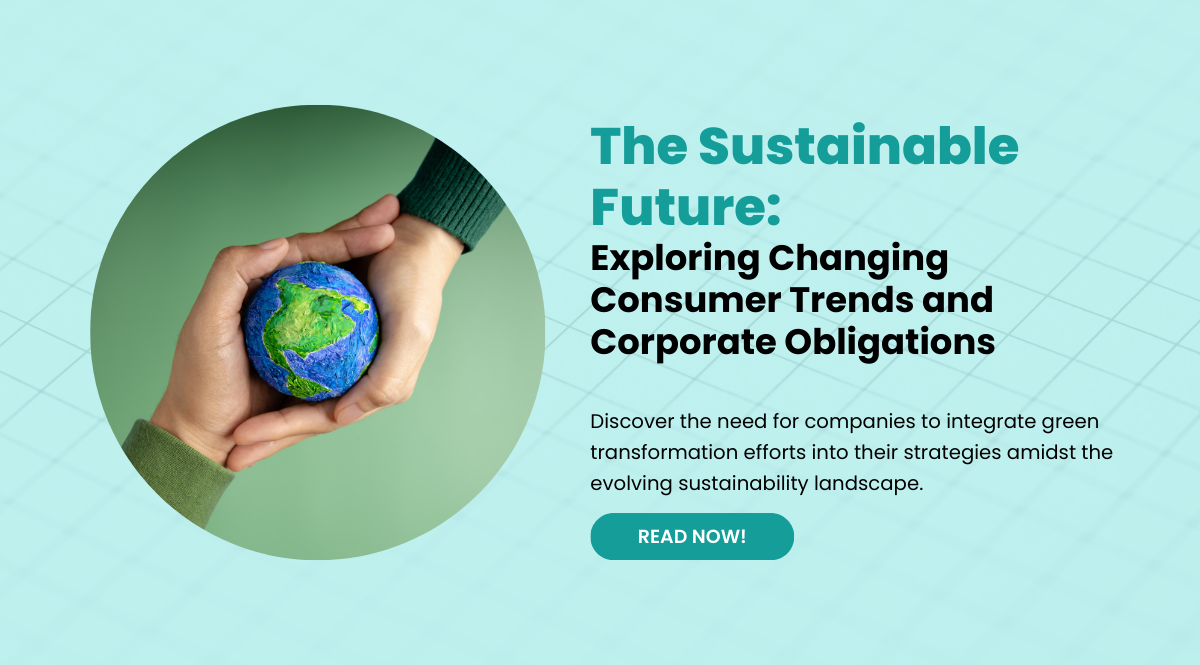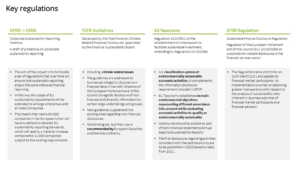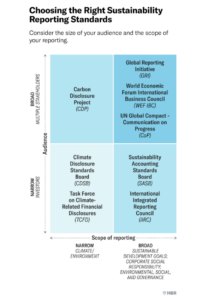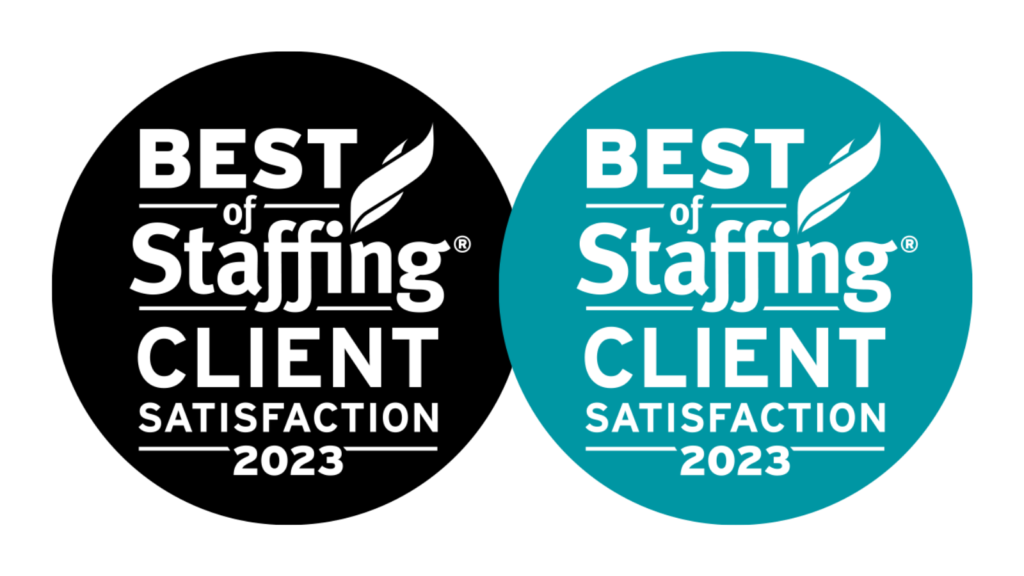In today’s climate-conscious era, sustainability is a key concern for consumers and companies alike. Despite increasing awareness, consumers often hesitate to invest in energy sustainability. However, this reluctance doesn’t exempt companies from prioritizing sustainability. Instead, it emphasizes the need for businesses to formalize green initiatives and integrate sustainability into their core strategies. Additionally, with rising expectations for transparent Environmental, Social, and Governance (ESG) reporting, companies must adapt to meet these demands. This article explores consumer behavior, corporate responsibilities, and practical strategies for comprehensive sustainability reporting.
Consumer Reluctance: Understanding the Challenge
Despite widespread awareness of energy sustainability issues, a recent global consumer survey conducted by professional services firm EY revealed a sobering reality: more than two-thirds of consumers express unwillingness to spend additional time or money on sustainable energy actions. The survey, titled “Energy transition consumer insights,” spanned nearly 100,000 residential energy consumers across 21 markets over three years, encompassing regions such as North and South America, Europe, and Asia Pacific. The findings underscore a prevalent trend where affordability concerns and perceived barriers to access impede the adoption of clean energy behaviors among consumers, highlighting the complexities inherent in driving sustainable consumption patterns.
Corporate Imperatives: Embracing Sustainable Transformation
As sustainability takes center stage, companies face a pressing need to integrate green transformation efforts into their strategies. This imperative arises from a multitude of factors, including the demand for improved communication, heightened transparency, and the rising expectation for consistent ESG reporting. Deloitte highlights key regulations driving this shift, such as the transition from the Non-Financial Reporting Directive (NFRD) to the Corporate Sustainability Reporting Directive (CSRD), TCFD Guidelines, EU Taxonomy, and Sustainable Finance Disclosure Regulation (SFDR). These regulations not only emphasize robust ESG reporting but also offer a framework for formalizing sustainability efforts, enhancing accountability, and aligning with global standards. With investor and stakeholder pressures intensifying, companies must integrate environmental and social considerations into their core strategies to thrive in an increasingly sustainable future.
Designing Comprehensive Sustainability Reports: A Roadmap for Success
Navigating the array of sustainability reporting options can be a daunting task for executives seeking to communicate their corporate sustainability performance effectively. The landscape is rife with choices, ranging from focusing solely on greenhouse gas emissions to showcasing comprehensive CSR initiatives or ESG ratings. However, the proliferation of reporting options poses a significant challenge for executives, as the abundance of choices can lead to confusion and inefficiency. Many companies find themselves investing in sustainability disclosures without fully understanding which metrics are most relevant or impactful for their stakeholders, including legislators, clients, investors, and employees. Moreover, the act of disclosing information often falls short of driving meaningful action or impact, highlighting the need for a strategic approach to sustainability reporting that goes beyond mere compliance.
To aid executives in navigating this complexity, various standards and frameworks have emerged to guide sustainability reporting practices. From the Carbon Disclosure Project (CDP) and the Climate Disclosure Standards Board (CDSB) to the Global Reporting Initiative (GRI) and the Taskforce on Climate Related Disclosures (TCFD), each standard offers a unique perspective on sustainability reporting, catering to different scopes of topics and audiences. Whether focusing on narrow aspects such as greenhouse gas emissions or addressing broader ESG considerations and UN Sustainable Development Goals, these standards provide a framework for companies to align their reporting practices with the expectations of diverse stakeholders. By leveraging these standards strategically, companies can design comprehensive sustainability reports that not only meet regulatory requirements but also drive meaningful action, foster transparency, and enhance stakeholder trust.
About Comrise
At Comrise, we offer tailored solutions for the full-time, part-time, direct-hire, contract, and permanent talent that your business needs. For 40+ years, we have delighted our clients and candidates by focusing on customer satisfaction, innovation, and flexible workforce solutions!
If you’re looking for new job opportunities click here, or if you’re looking for a reliable partner to help you secure top-notch candidates for hard-to-fill roles, click here.




